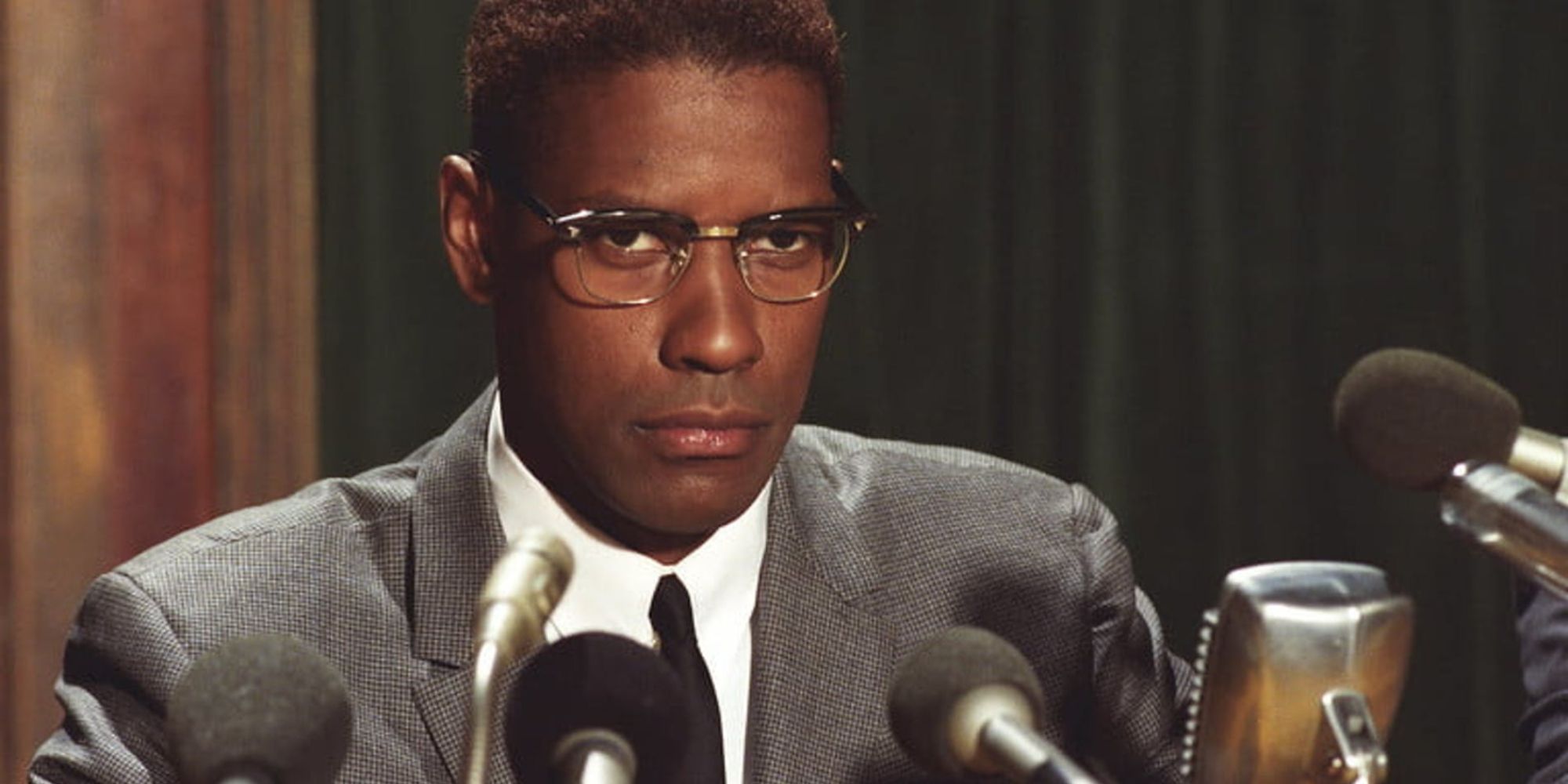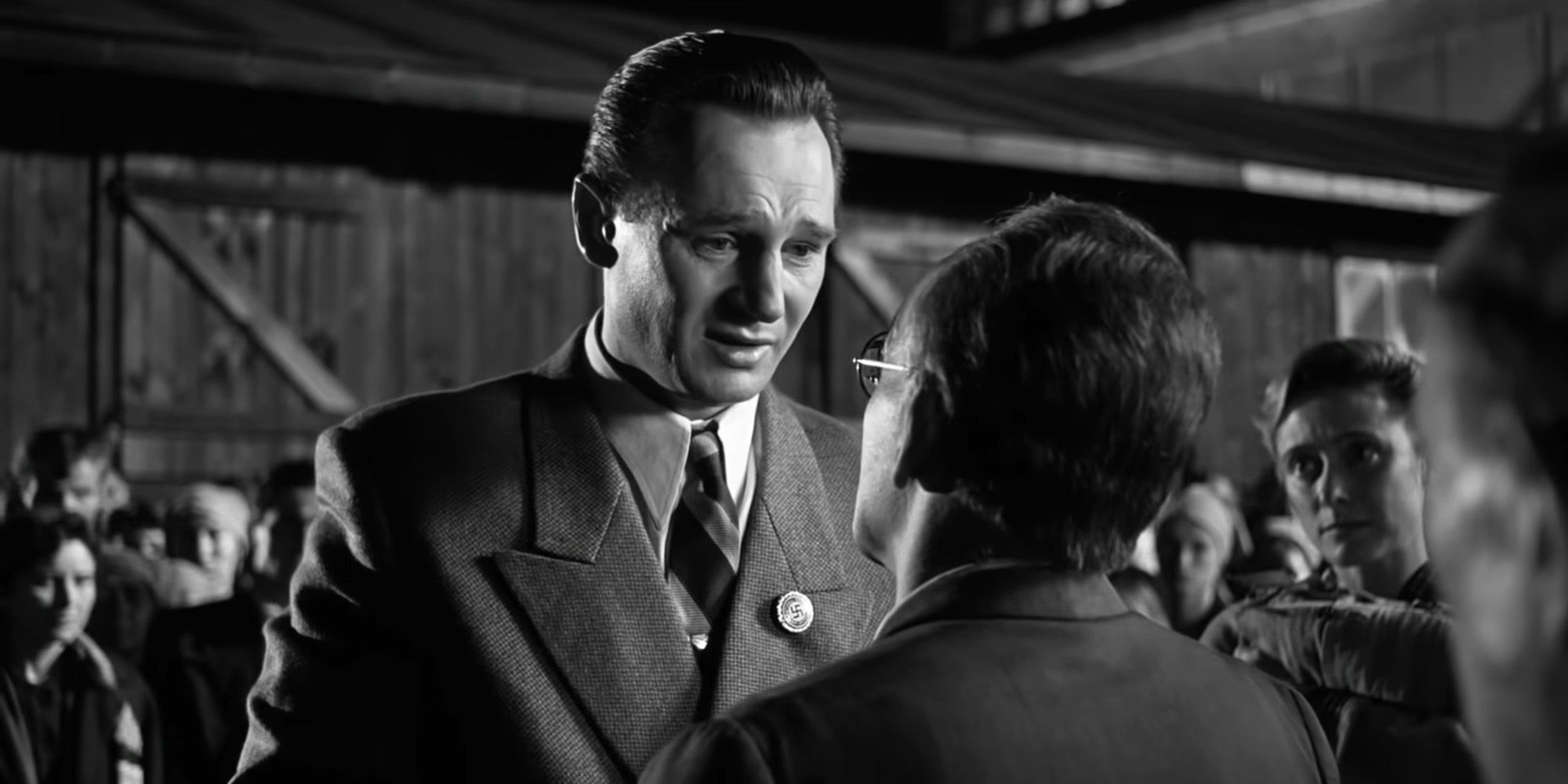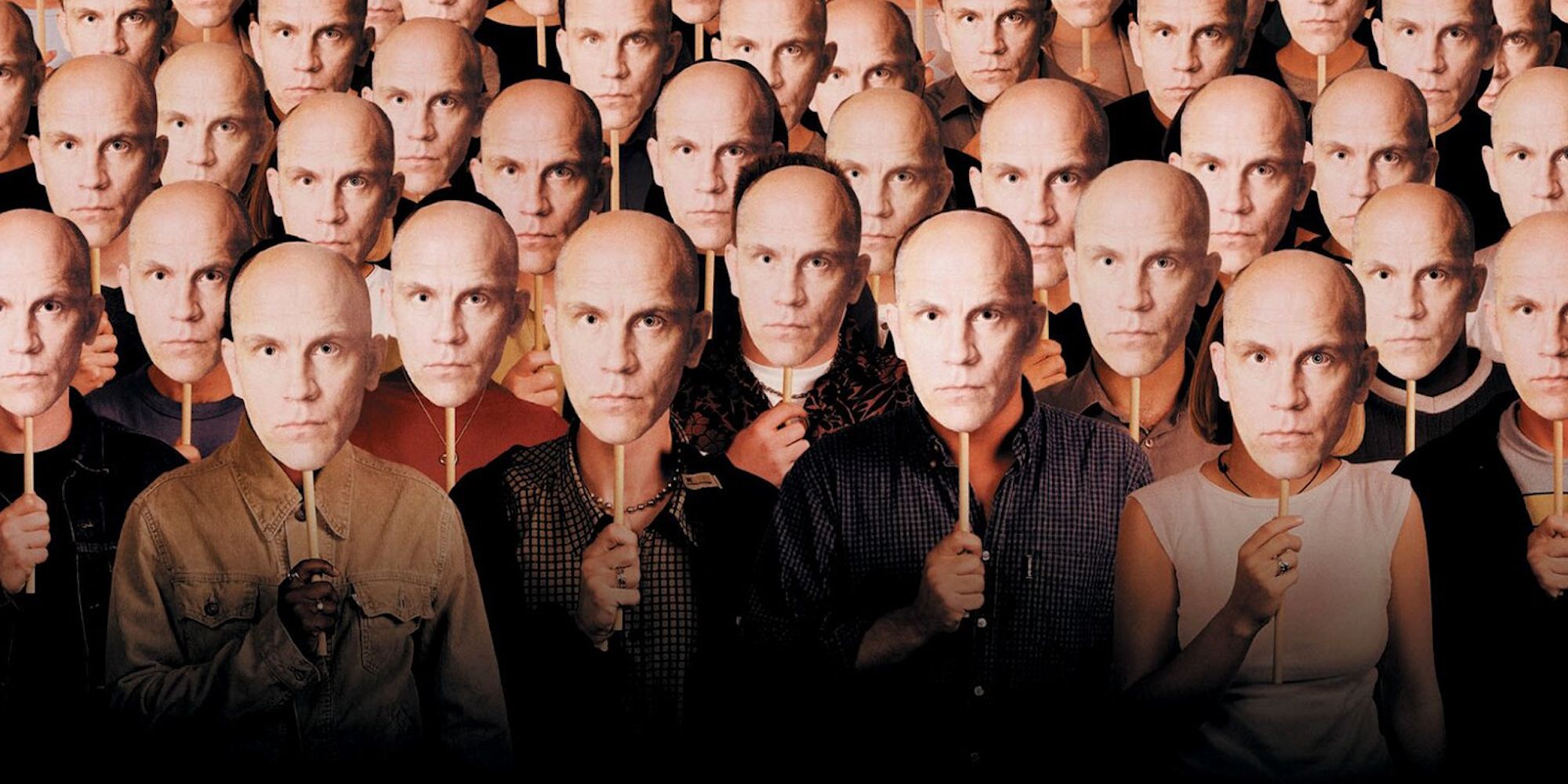If you’re looking for the best cinema the ’90s had to offer, look not to the winners of the Palme d’Or or Best Picture but to Roger Ebert’s favorites of each year. He was ahead of the curve in identifying several future classics, and his reviews help one to appreciate how impactful these movies were in their term.
As one would expect, his picks are eclectic, ranging from biopics and historical epics to sci-fi and documentaries, although he does lean toward drama. They include some iconic movies as well as a few lesser-known gems.
1 ‘Goodfellas’ (1990)
Ray Liotta, Joe Pesci and Robert De Niro star in this Scorsese masterpiece charting the rise and fall of Henry Hill, a former mobster turned government witness. It ranks among the very best on-screen portrayals of the mafia lifestyle and the intricacies of organized crime, with an infectious, propulsive soundtrack to boot.
“What finally got to me after seeing this film – what makes it a great film – is that I understood Henry Hill’s feelings,” Ebert wrote. “Just as his wife Karen grew so completely absorbed by the Mafia inner life that its values became her own, so did the film weave a seductive spell.”
2 ‘JFK’ (1991)
This drama from Oliver Stone delves into the assassination of President John F. Kennedy and the subsequent investigation. Kevin Costner leads the cast as New Orleans District Attorney Jim Garrison, joined by Tommy Lee Jones, Joe Pesci, and Gary Oldman, who is electrifying as Lee Harvey Oswald.
While controversial, JFK is notable for its use of actual footage and its in-depth exploration of the many conspiracy theories that surround the assassination. “Its achievement is that it tries to marshal the anger which ever since 1963 has been gnawing away on some dark shelf of the national psyche,” Ebert said.
3 ‘Malcolm X’ (1992)
This Spike Lee biopic follows the legendary civil rights leader (Denzel Washington) from his early years as a street hustler to his transformation into a prominent figure in the civil rights movement. Washington delivers a towering performance, fully embodying Malcolm X‘s charisma and passion, as well as his flaws and foibles.
“Malcolm X is one of the great screen biographies, celebrating the whole sweep of an American life that began in sorrow and bottomed out on the streets and in prison before its hero reinvented himself,” Ebert wrote.
4 ‘Schindler’s List’ (1993)
This Spielberg epic tells the true story of Oskar Schindler (Liam Neeson) a German businessman who saved the lives of more than a thousand Jewish refugees during the Holocaust. It’s a moving portrayal of the horror of that time and the immense courage and compassion of the few who resisted it.
“What is most amazing about this film is how completely Spielberg serves his story. The movie is brilliantly acted, written, directed, and seen. Individual scenes are masterpieces of art direction, cinematography, special effects, crowd control,” Ebert said. “Yet Spielberg, the stylist whose films often have gloried in shots we are intended to notice and remember, disappears into his work.”
5 ‘Hoop Dreams’ (1994)
Hoop Dreams is a documentary that follows the lives of two inner-city high school basketball players, William Gates and Arthur Agee, as they pursue their dreams of playing in the NBA. It’s a powerful exploration of race, class, and the American dream, that Ebert later named the best of the decade.
“A film like Hoop Dreams is what the movies are for,” Ebert wrote. “It takes us, shakes us, and make us think in new ways about the world around us. It gives us the impression of having touched life itself.”
6 ‘Leaving Las Vegas’ (1995)
Nicolas Cage won the Oscar for his starring role in this drama directed by Mike Figgis. He plays Ben Sanderson, a suicidal alcoholic who travels to Las Vegas with the intention of drinking himself to death. While there, he forms an unlikely connection with sex worker Sera (Elizabeth Shue).
“The movie works as a love story, but really romance is not the point here, any more than sex is,” Ebert wrote. “The story is about two wounded, desperate, marginal people, and how they create for each other a measure of grace.”
7 ‘Fargo’ (1996)
This black comedy from the Coen brothers follows the exploits of a bumbling car salesman named Jerry Lundegaard (William H. Macy), who hatches a scheme to kidnap his wife in order to collect a ransom from his wealthy father-in-law. Starring Frances McDormand in an Oscar-winning performance as Marge Gunderson, a pregnant police chief who becomes embroiled in the case, the film is a twisted romp through the snowy landscape of North Dakota.
Ebert ranked Marge among the most iconic characters in cinema history. “Marge Gunderson is one of a handful of characters whose names remain in our memories, like Travis Bickle, Tony Manero, HAL 9000, Fred C. Dobbs,” he said. “They are completely, defiantly themselves in movies that depend on precisely who they are.”
8 ‘Eve’s Bayou’ (1997)
Eve’s Bayou is a drama directed by Kasi Lemmons that centers on a young girl named Eve (Jurnee Smollett), who lives with her affluent African-American family in 1960s Louisiana. Lemmons’ direction is sensitive, capturing the complexities and contradictions of the characters’ lives, as well as the lush environment of the bayou.
The directing is more than matched by the performances, especially from Samuel L. Jackson and Lynn Whitfield, who are compelling and real. Ebert called it “a film of astonishing maturity and confidence.” “Eve’s Bayou resonates in the memory,” he wrote in 1997. ” It called me back for a second and third viewing.”
9 ‘Dark City’ (1998)
In this sci-fi noir, Rufus Sewell is John Murdoch, a man who wakes up in a strange city with no memory of who he is or how he got there. He soon crosses paths with Dr. Schreber (Kiefer Sutherland), a mysterious scientist who seems to hold the key to Murdoch’s past.
It’s a slick, stylish, and visually gorgeous film, with cityscapes reminiscent of an Edward Hopper painting. “Dark City by Alex Proyas is a great visionary achievement, a film so original and exciting, it stirred my imagination like Metropolis and 2001: A Space Odyssey, Ebert said. “Not a story so much as an experience, it is a triumph of art direction, set design, cinematography, special effects–and imagination.”
10 Being John Malkovich (1999)
Few films are as inventive and mind-bending as this comedy directed by Spike Jonze and written by Charlie Kaufman, the kings of weird. A struggling puppeteer named Craig Schwartz (John Cusack) discovers a mysterious portal that leads directly into the mind of the famous actor John Malkovich, played by himself. Various bizarre shenanigans ensue.
Funny and smart, Being John Malkovich takes aim at everything from celebrity culture to sexual desire to the nature of consciousness. According to Ebert, “The movie has ideas enough for half a dozen films, but Jonze and his cast handle them so surely that we never feel hard-pressed; we’re enchanted by one development after the next.”
This content was originally published here.













